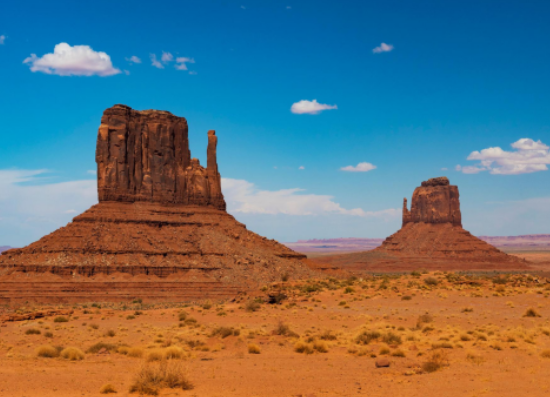Q: How many Tribes are there in Arizona?
A: There are 22 federally recognized Native American Tribes in Arizona. Most of them have a land base called an Indian Reservation.
Q: Are there different laws on a reservation than off of the reservation?
A: Yes. Each tribe is considered a sovereign nation and each creates and enforces its laws on its reservation. In addition to tribal law, federal law generally applies and some state law applies.
Q: Where can I find the laws for the reservations?
A: Many Arizona tribes have websites that include their laws. An incomplete list of tribal laws can be found online at the National Indian Law Library (https://narf.org/nill) or at the Tribal Court Clearinghouse (tribal-institute.org). Not all tribal laws have been published or compiled. You may need to contact someone at the tribe to determine whether a specific law exists.
Q: If I commit a crime on a reservation, can I be punished?
A: Yes, crimes that are committed on a reservation may be punished by the tribe or by the federal government, or you may be transferred to be punished in a state court proceeding.
Q: Is gambling legal on a reservation?
A: In 2021, sports betting in Arizona was made legal, but casino-type gambling is only permitted on Indian reservations, and only if you are 21 years old or older.
Q: Can I have marijuana with me if I am on an Indian reservation?
A: Although recreational marijuana in Arizona is available for those 21 years and older, and medical marijuana may be prescribed for those younger than 21, most Arizona tribes have not legalized marijuana. The consequences may include repossession of your car or tribal criminal prosecution if you are a tribal member.
Laws may have changed since the last time this article was updated. The current and most up-to-date laws can be accessed here.
